Trump Administration Unleashes Surprise Site Checks for OPT Students
.png)
The U.S. administration has escalated the surveillance directed towards foreign students under the Optional Practical Training or OPT programme. The recent probing has a sharp focus specifically on those who had a two-year STEM OPT extension. We have learnt from the narratives of several immigration attorneys (also noted by The Times of India) that the officials are also visiting student residences and university housing facilities for verification. This is alarming news for Indians as The Open Doors report for 2023-24 shows that there are almost 3.3 lakh Indian Students in the US, with around 97 thousand of them enrolled in the OPT programme.
Naturally, as one of the leading EB1A consultants, we have felt it an imperative to bring this news to light and share everything we know about it.
Which laws legitimise such repeated scrutiny and verifications?
The Fraud Detection and National Security (FDNS) unit of USCIS has the legal right and authority to verify whether the training plans under the Form I-983 align with the academic endeavour of the students and if they are adhering to their F-1 visa status. STEM students are by law eligible for an extra two years of OPT, prolonging their work authorisation to a total of three years.
Several news outlets have reported that, within the past few weeks, several students have faced abrupt site inspections by the authority. These inspections have occurred sometimes at the university housing, workplace or elsewhere. Some students, in particular, have reported being questioned despite having moved on from an F-1 to an H-1B status.
In light of these ‘inspections’ and ‘visits, several news outlets and immigration attorneys have raised questions about whether these visits are lawful and fall within authority. For instance, San Jose-based immigration attorney Abhinav Tripathi commented, “The regulations do not authorise routine visits to student residences, except in the rare case where a residence is explicitly listed on Form I-983 as the training site, which otherwise remains outside the scope of this rule.”
How should the students and employers cope with these inspections?
According to Lubna Kably’s report in The Times of India, most lawyers seem to think that the increased inspections are a part of a broader immigration crackdown, including increased scrutiny on H-1B and F-1 visa rules.
In anticipation of such cross-verifications and inspection, lawyers have advised the students and the workers to keep the Form I-983 updated, verify the officers’ credentials and answer as truthfully and transparently as possible.
During an inspection, the candidate is likely to face questions about studies, attendance, EAD terms, job duties and how the overall role aligns with the degree. They may even be asked to produce ID, transcripts, CV, job offer documents or pay records. Hence, the experts have advised the candidates to stay proactive and keep the documents organised in the right order.
Attorneys have flagged some likely targets of these inspections, including status-change cases (from H-1B to F-1 or B-2 visas) and STEM extension applications. These types of candidates are more likely to face inspection than others.
As one of the leading EB-1A experts and consultants, we are constantly staying updated about the U.S. immigration landscape. To get the latest news about the same, bookmark our blog page. For tailored consultation and personalised suggestions, reach out to us today.





.png)
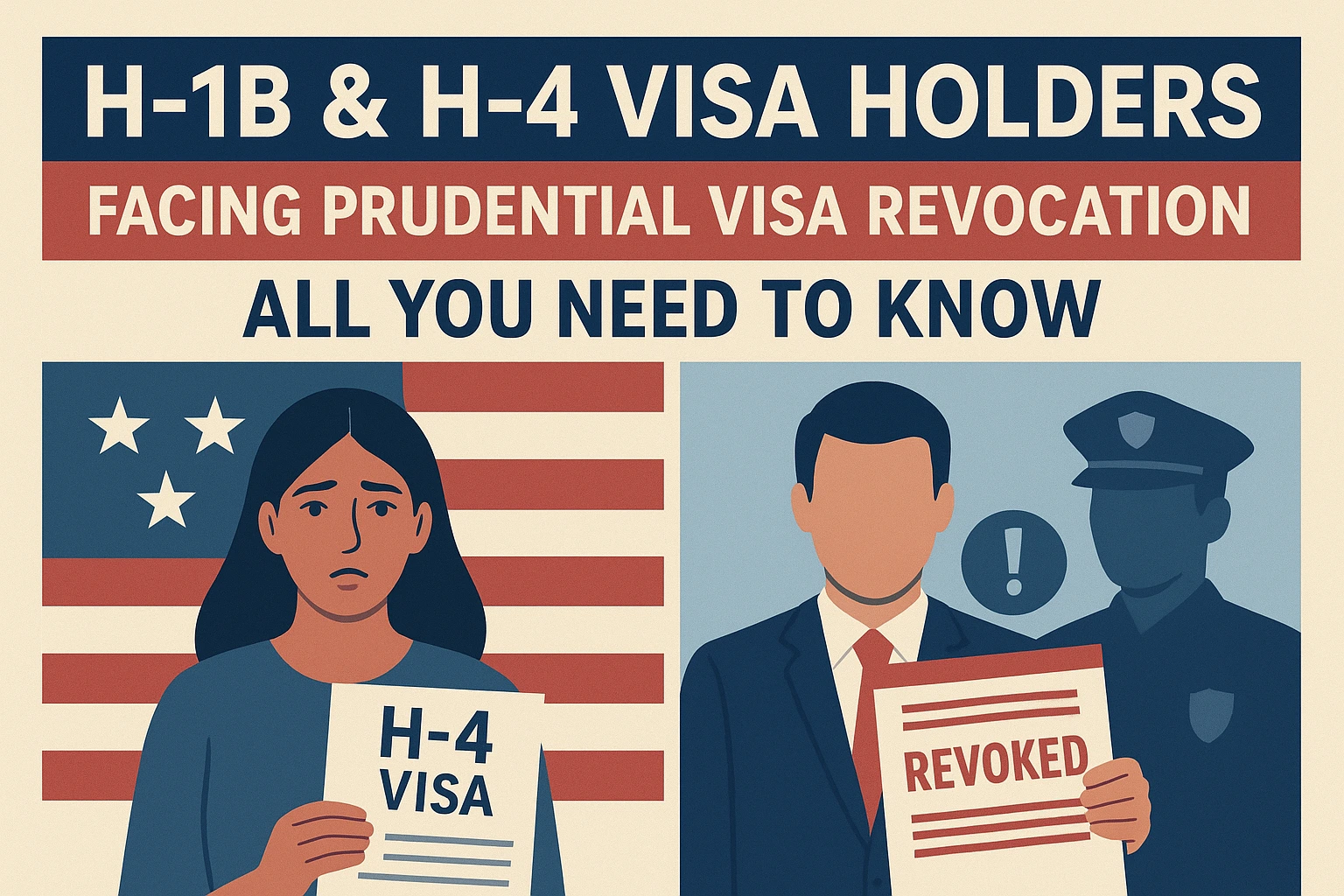
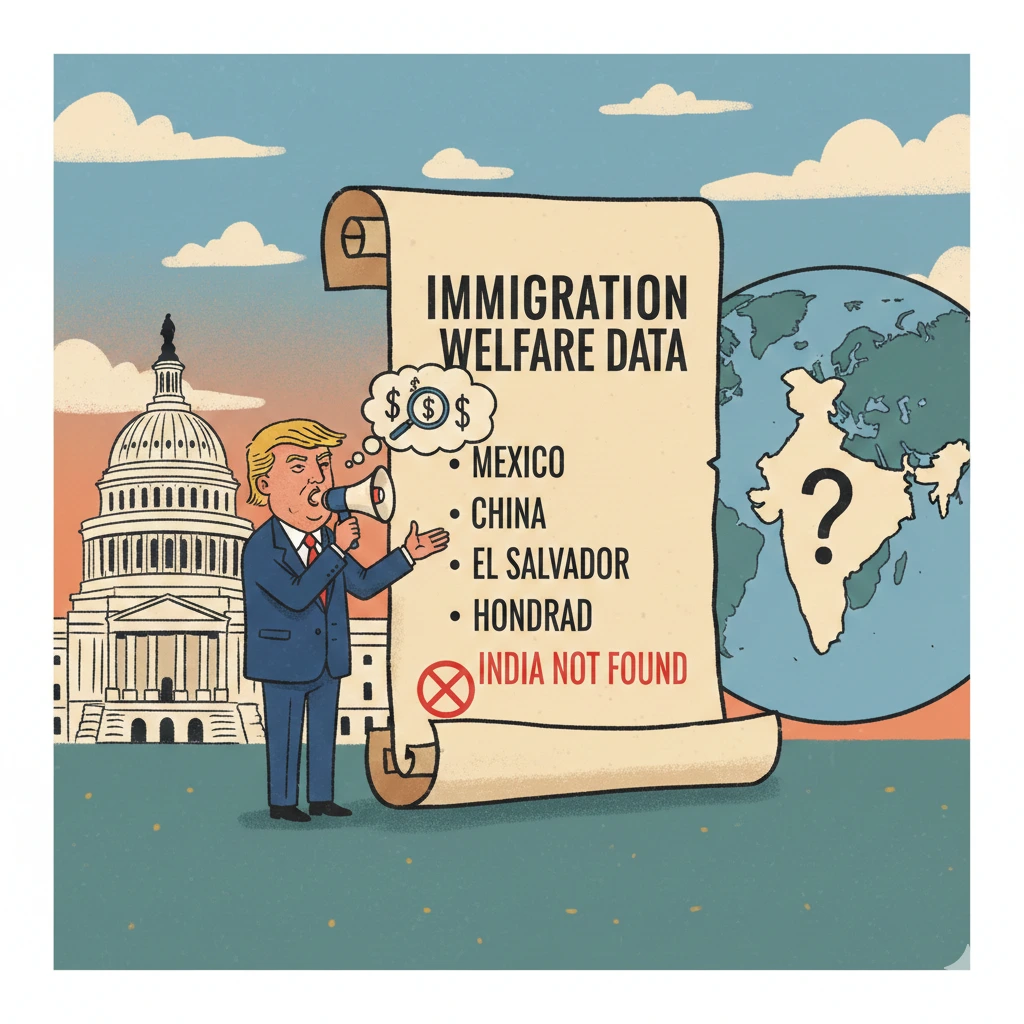

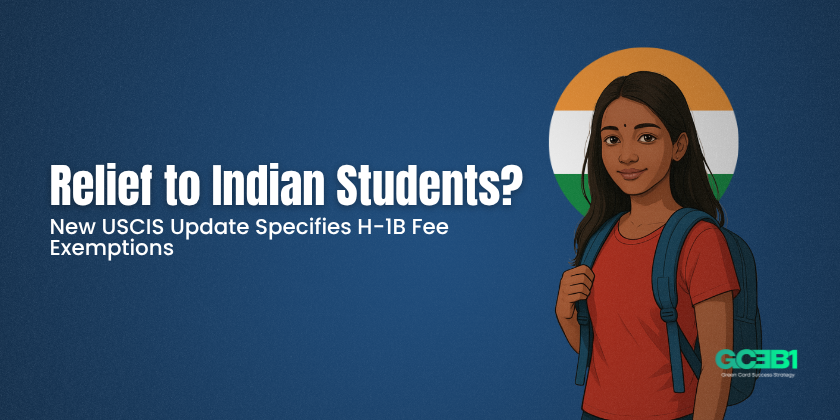
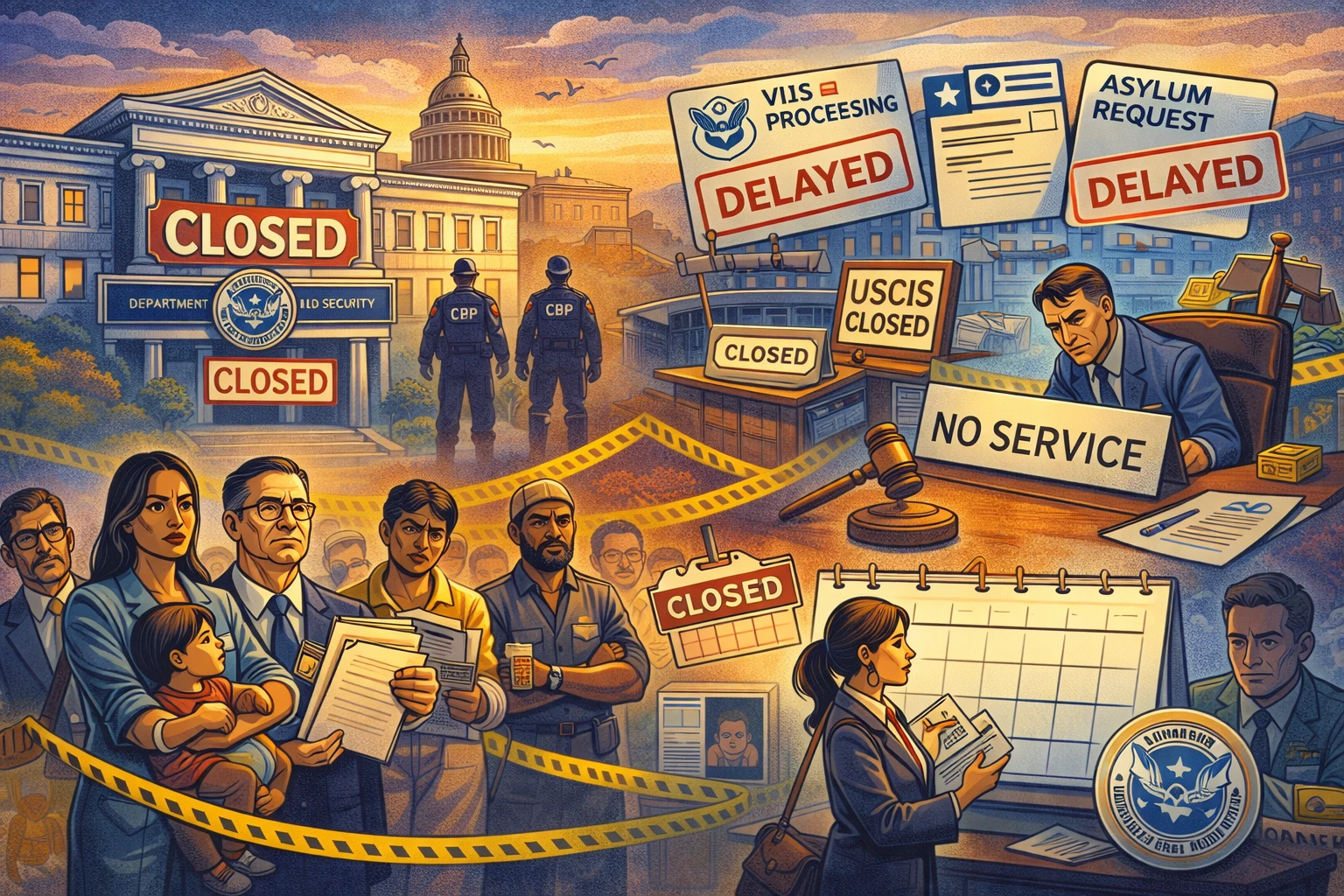

.png)
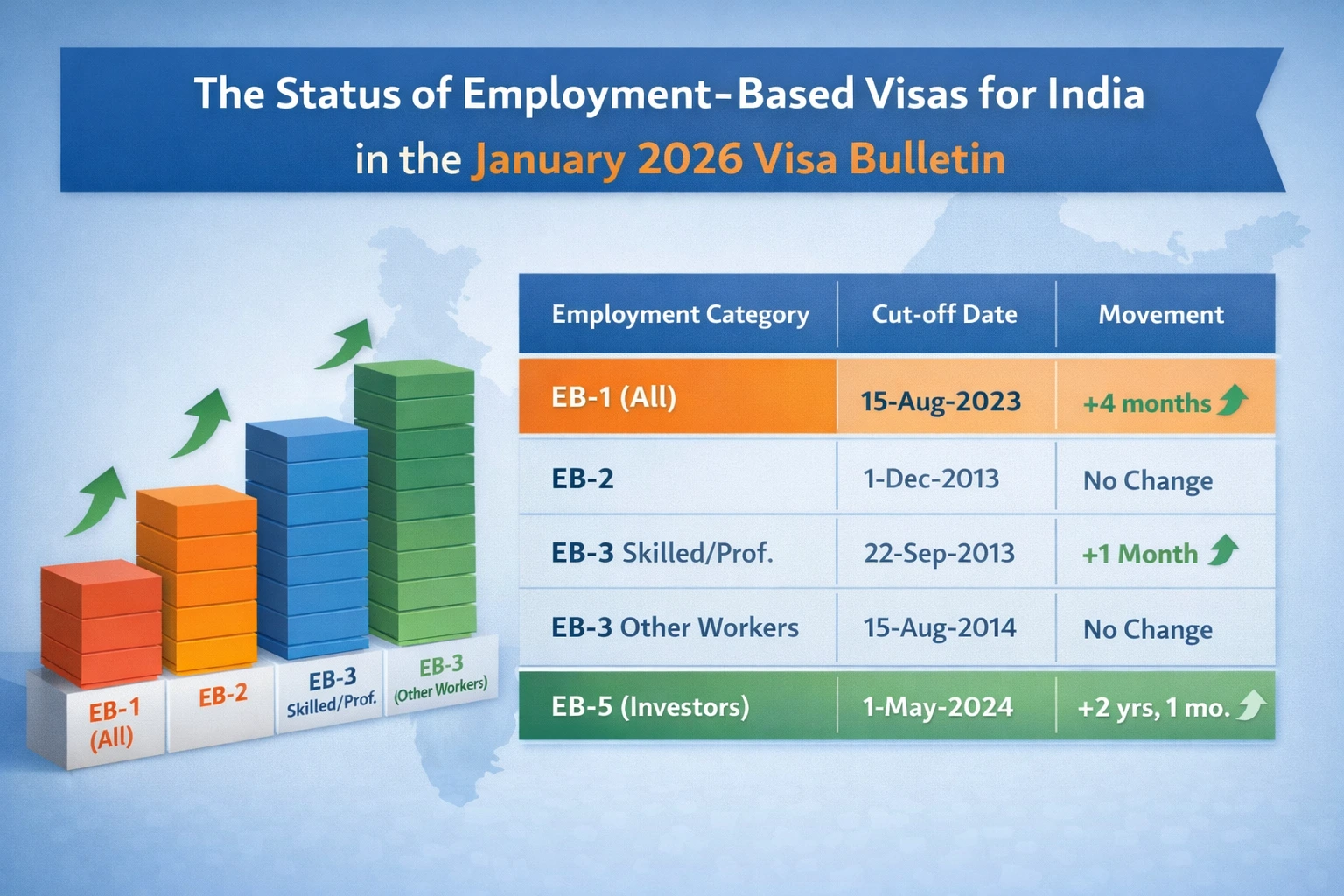
.png)